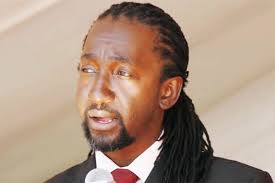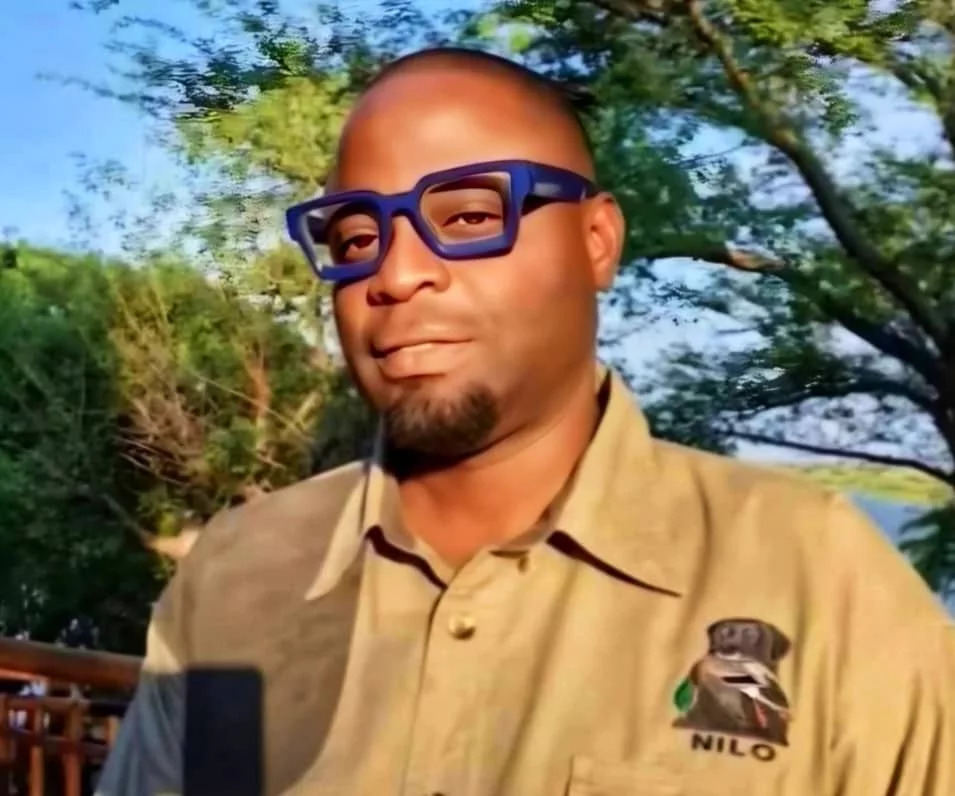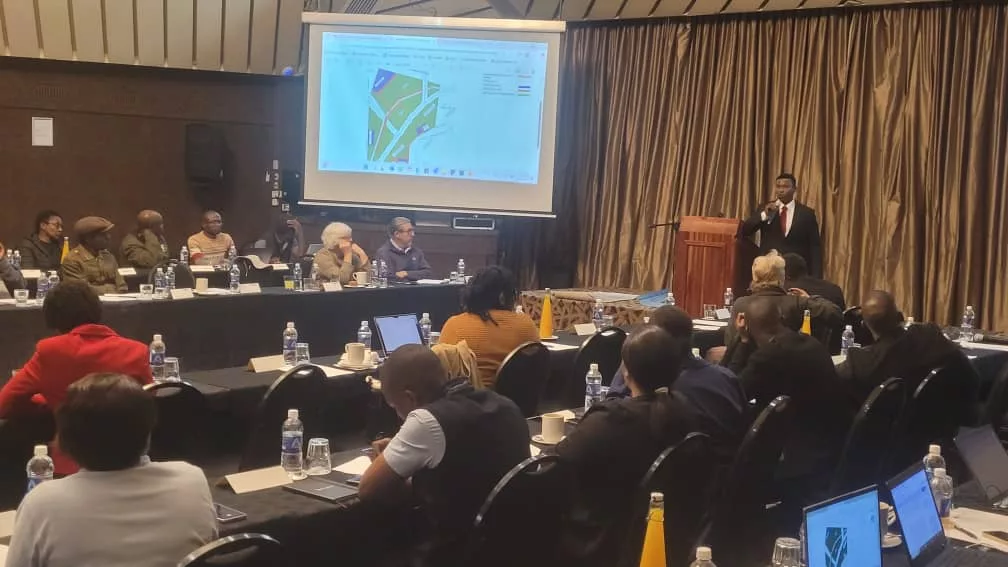By Ashton Bumhira
Zimbabwean youth constitute the largest constituency of over 60% of the population but continue be socially, politically, and economically marginalized. It is worrisome how the youth have been schemed out and marginalized from governance. The present administration’s insensitiveness to youth’s inclusiveness in governance is a point of worry and needs urgent attention. In the national parliament and local municipalities where decisions are being made, no single youth is present to represent and negotiate for the youths. It is a total disregard to the global call towards reducing injustice and inequality worldwide amongst the youth.
Some have argued that Zimbabwean youth of today are inexperienced and not ripe enough to govern, but I must point out that such minds are still living in the dark, have failed to delve into the history and have refused to realign themselves with the present realities around the world. Experience and evidence have shown that youths are change makers, critical thinkers, innovators, communicators and natural leaders.
International Perspectives
Away from Africa, the minimum age requirement to contest for governorship across 50 states of the United States of America is 30years, Senate 30 years, U.S. Congress 25 years, House of Delegates 21 etc.
In Australia, any person that is 18 years of age or older may stand for election to public office at federal, state or local government level. The youngest ever member of the House of Representatives was 20-year-old Wyatt Roy elected in the 2010 federal election.
In Denmark, any adult that is 18 years of age can become a candidate and be elected in any public election. In France, any citizen that is 18 years of age or older can be elected to the lower house of Parliament, and 24 years or older for the Senate. Minimum age for the President of France is 18. In Iran, a person must be at least 21 years old to run for president whilst in the Netherlands, any adult that is 18 years of age can become a candidate and be elected in any public election. In Norway, any adult that is 18 years of age can become a candidate and be elected in any public election. In South Africa, Section 47, Clause 1 of the 1996 Constitution of South Africa states that “every citizen who is qualified to vote for the National Assembly is eligible to be a member of the Assembly”, defaulting to Section 46 which “provides for a minimum voting age of 18 years” in National Assembly elections; Sections 106 and 105 provide the same for provincial legislatures. Ghana has a voting age of 18 years with a population of over 24M, and a voting population of 13M. However, the age requirement for running for a seat in Parliament is 21 years.
In the United Kingdom, a person must be aged 18 or over (16 in Scotland) to stand in elections to all parliaments, assemblies, and councils at the European, UK, devolved, or local level. This age requirement also applies in elections to any individual elective public office.
In Venezuela, a person must be at least 30 to be President or Vice President, 21 to be a deputy for the National Assembly and 25 to be the Governor of a state.
Some of the outstanding young leaders in the world include Mhairi Black, the youngest member in the House of Commons of the United Kingdom was 20 years old when elected in 2015, Jean-Claude Duvalier was President of Haiti at the age of 19 in 1971, Kim Jong-Un, and Supreme Leader of North Korea was 31. Taavi Rõivas, Prime Minister of Estonia was 35; Atifete Jahjaga, President of Kosovo was 39, Moussa Mara, Prime Minister of Mali was 39, Matteo Renzi, Prime Minister of Italy 40 and Joseph Kabila Kabange of the D.R. Congo was 44.
#NeverLeaveAnyYouthBehind
In other words, if we must achieve the maximum development, just, peaceful and sustainable world, inequality and injustice must be addressed and reduced. For example, the youths must be given the adequate rights in line with the principles of equality and non-discrimination to participate in governance and decision making process, there must be equal rights between women and men and the gap between the rich and poor must be reduced.
Through the United Nations inspired #NotTooYoungToRun campaign the youth must aspire to run for elected office in municipal authorities and House of Assembly for the 2018 general elections. Young people must register to vote and support their own candidates in large numbers. In Zimbabwe currently there is need to reduce the constitutional age requirement for running for elective office in Zimbabwe. When someone is eligible to vote is also supposed to be eligible to be elected. The law and policies of our country must be seen to promote increased youth participation in the political process especially national and local electoral processes.
There is need for political parties to operate according to democratic values and principles to foster youth involvement in politics. Young people need to develop a shared understanding of national issues, they need to learn from each other and act together for the good of their communities and the country irrespective of their political persuasion. There is also need for political parties to include youth issues in their manifestos and policy platforms and also provide young people with equal access to party resources both during campaigns and in between elections.
The youth need to cherish their political diversity and nurture it. There is need to encourage the youth to respect and appreciate diversity of political opinion; and learn to view each other as enablers of democracy who should act complimentarily. This will have a long term effect of creating a value and issue based political culture where young people view dialogue and competition of ideas as the gateway to social progress and development, rather than viewing each other as enemies even when they are equally affected by the ensuing problems of unemployment, poverty, hunger, corruption, and nepotism among others.
As we draw near the 2018 general elections, there is need to develop a new value based and issue driven political culture, earmarked on dialogue, collaborations, tolerance and peace.
Ashton Bumhira is the Youth Forum Zimbabwe Programs Manager and you can get in touch with him on his email address: [email protected]






